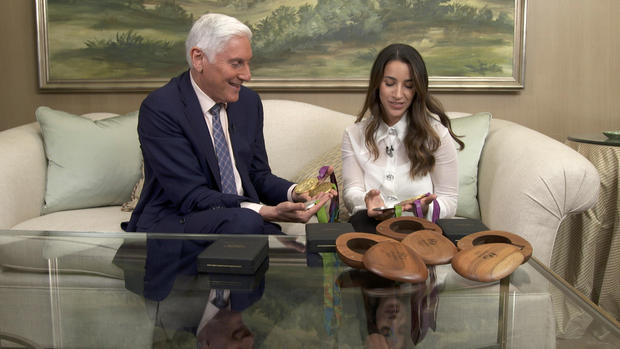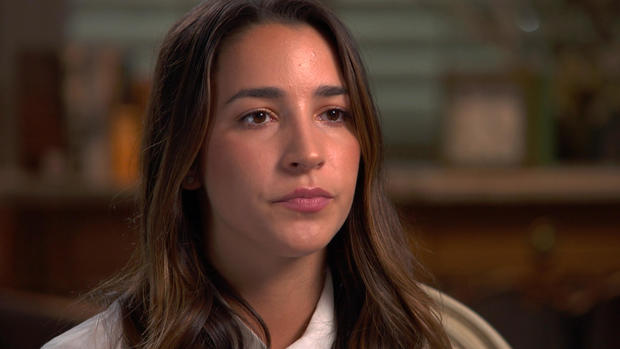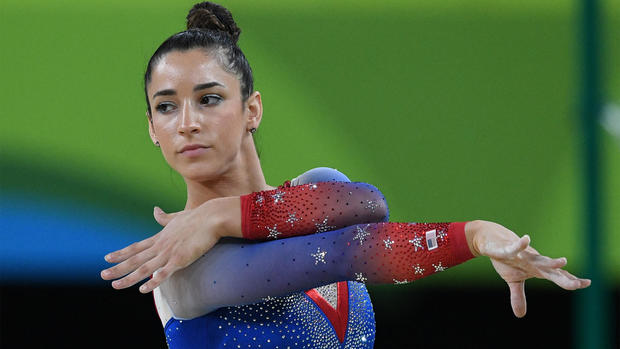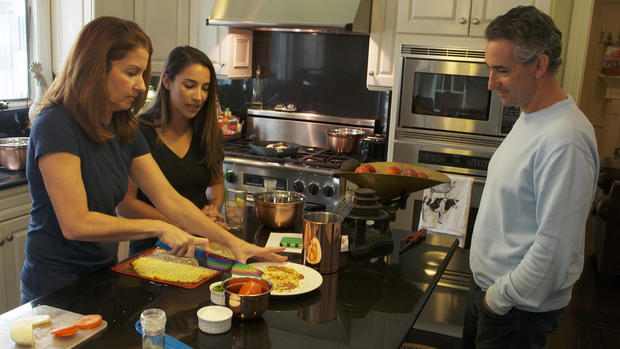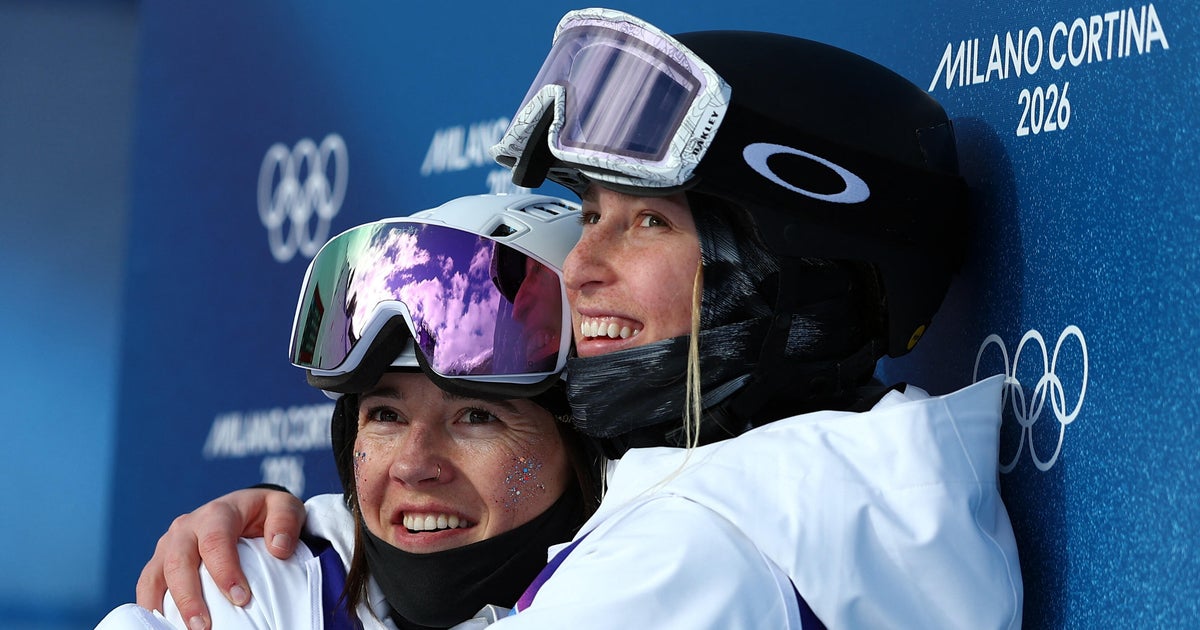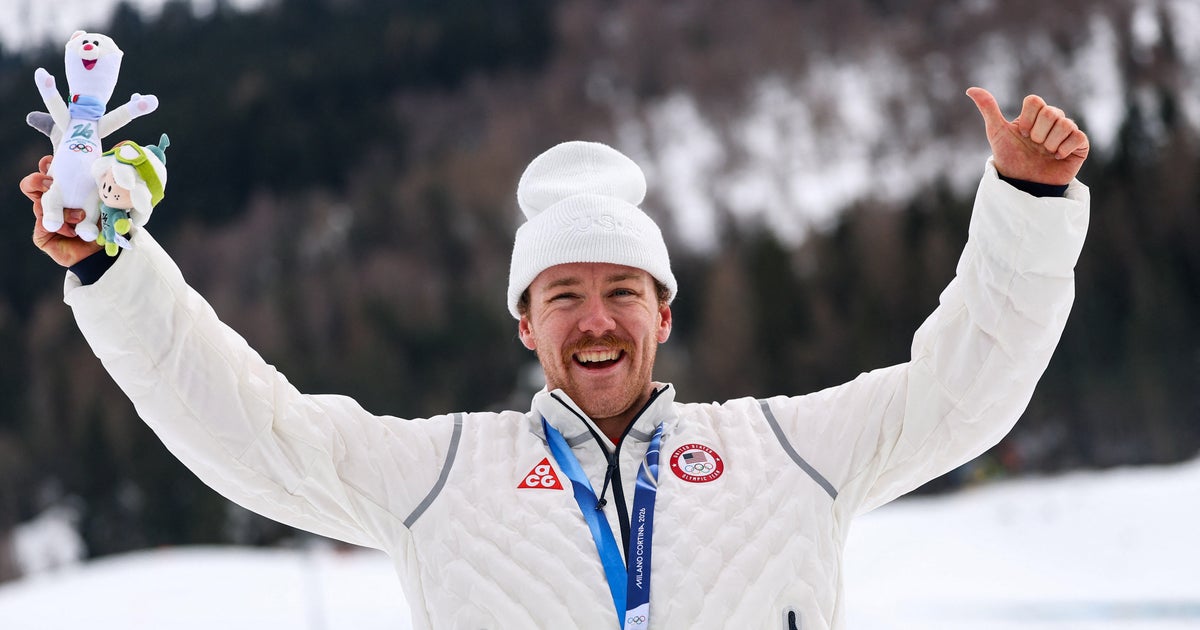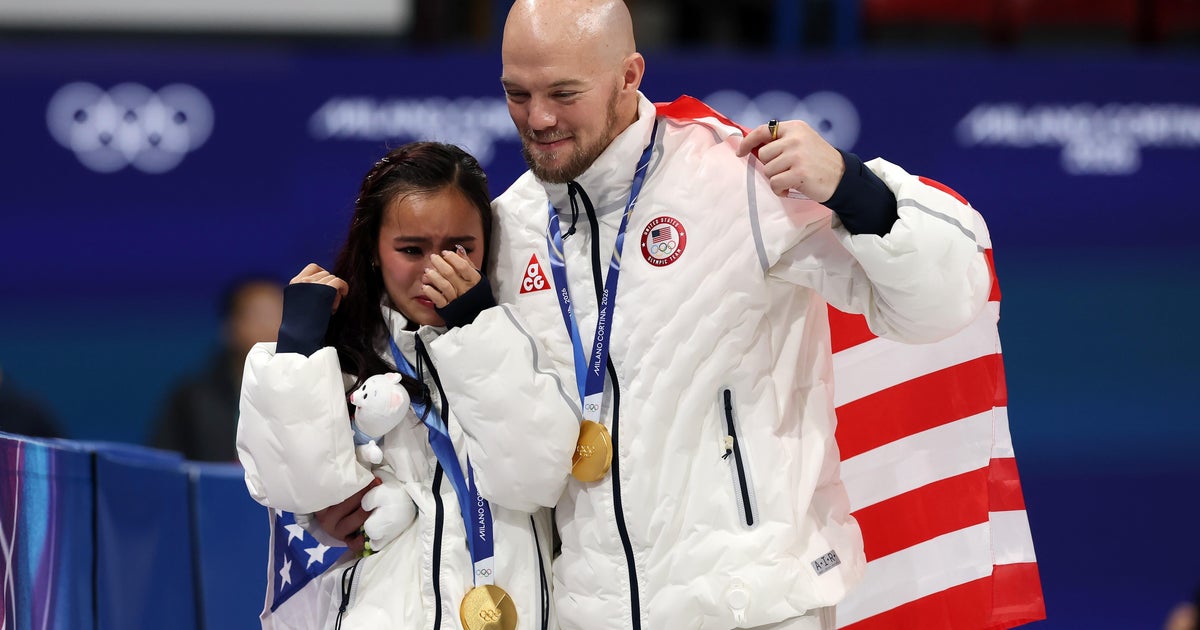Behind the Aly Raisman interview on 60 Minutes
This week on 60 Minutes, three-time Olympic gold medal gymnast Aly Raisman tells correspondent Dr. Jon LaPook that she was sexually abused by former USA Gymnastics doctor Larry Nassar.
"I was in denial," she tells LaPook on the broadcast. "You don't want to let yourself believe, but you know, I am a victim of sexual abuse. Like, it's really not an easy thing to let yourself believe that."
More than 130 women have filed civil lawsuits alleging sexual abuse by Nassar. The first U.S. gymnasts to speak out about Nassar appeared on 60 Minutes in February. In interviews with Dr. LaPook, three former gymnasts accused him of sexual abusing them more than a decade before Raisman joined the national team.
Raisman, who represented the U.S. in both the 2012 and 2016 Olympic games, decided not to speak in graphic detail about the abuse in her 60 Minutes interview.
"I think she's still processing this," LaPook tells 60 Minutes Overtime in the video at the top of the page. "She's young. She's only 23 years old. And this is her decision, and we really respected that decision."
LaPook says he reported as much as he could while still being sensitive to Raisman.
"I wanted to make sure that I did everything I could to not make things worse," he says of the four-hour interview with Raisman for 60 Minutes.
60 Minutes producer Andy Court says Raisman is trying to define her own narrative.
"She's very determined now to chart her own course," Court tells Overtime. "And she's kind of gone from someone who is impressionable and young and trying very hard to please everybody, to finally growing up and realizing, 'I need to please myself.' And I think what she's determined to do now is to just take charge of her own destiny."
Raisman says she decided to speak publicly about the abuse because she wants to help warn other young athletes. She tells LaPook that she and other athletes didn't realize at the time that Dr. Nassar gained their trust through a predatory technique called "grooming," which builds emotional bonds between a predator and a victim.
"He would always bring me, you know, desserts or gifts," Raisman says. "He would buy me little things. So I really thought he was a nice person. I really thought he was looking out for me."
Her story echoes the accounts of the other athletes LaPook spoke with in February.
Because the athletes were instructed to keep a strict diet while they were training, former gymnast Jeanette Antolin says Dr. Nassar would sneak them snacks and candy. She says the secret treats and friendly conversation helped build trust with the young gymnasts. As a member of the U.S. National Team from 1995 to 2000, Antolin received treatment from Dr. Nassar for several years.
"He was a buddy," she recalls in the video above. "He was someone that we would talk to when we were getting treatment, if we had a hard day. He was a listening ear. He would make us laugh. When it's such a serious environment, that would be the world. It could fix your day."
Because Antolin trusted Dr. Nassar, she says she didn't think of his actions as anything other than an acceptable medical procedure. As she told LaPook on the broadcast in February, "It was treatment. You don't complain about treatment."
Raisman's experience was similar because she says that, as a teenager, she didn't know that she and other athletes weren't supposed to be alone with Dr. Nassar.
"My mom and I are so close," she says. "I told her literally everything, except for that, because I didn't know. You know, I didn't know it was wrong. I never was educated on what being sexually abused really is."
Raisman and her parents say they appeared on 60 Minutes to help educate other families about the importance of talking to children about sexual abuse.
"I think the most important thing, if anyone takes anything away from this interview is sit down with your kids and explain to them that predators aren't just strangers," says Aly's mother, Lynn Raisman. "They can be highly educated. They can be very well-respected in the community. It could be a family member. It could be a family friend."
Aly Raisman is aware that the subject of sexual abuse is an awkward topic to talk about with children, but she hopes her interview inspires parents to start the conversation — because the consequences can be lasting.
"I think it's important for people to know, too, I'm still trying to put the pieces together today," Raisman says. "You know, it impacts you for the rest of your life."
The video above was produced by Ann Silvio and Lisa Orlando. It was edited by Lisa Orlando.
